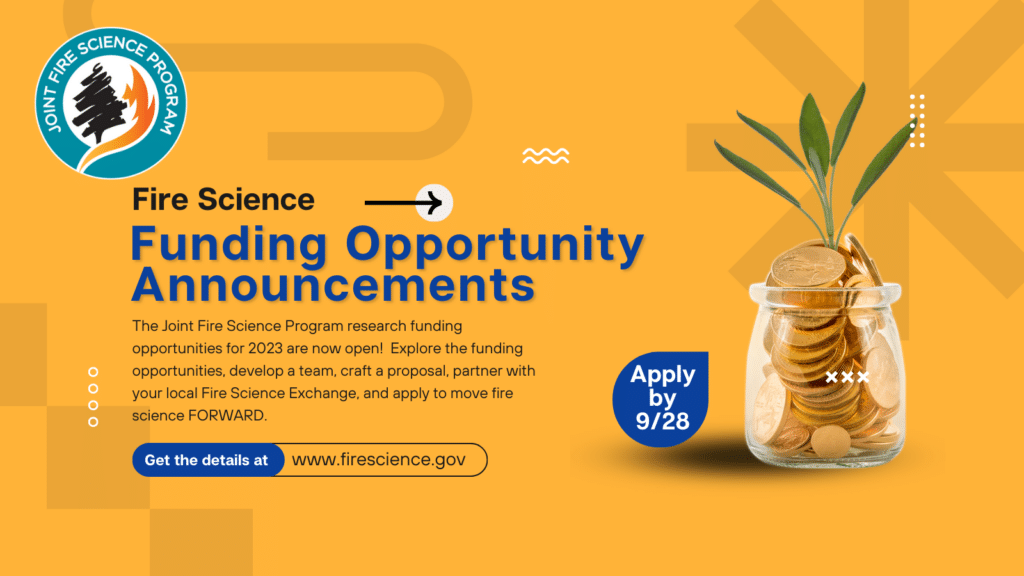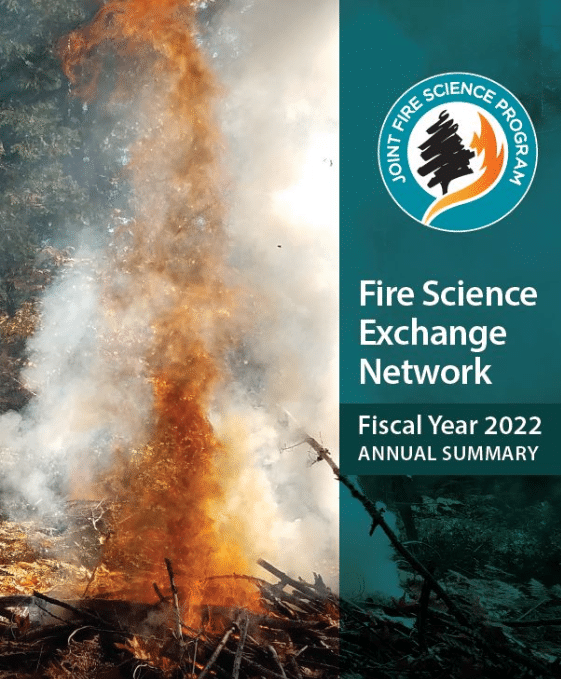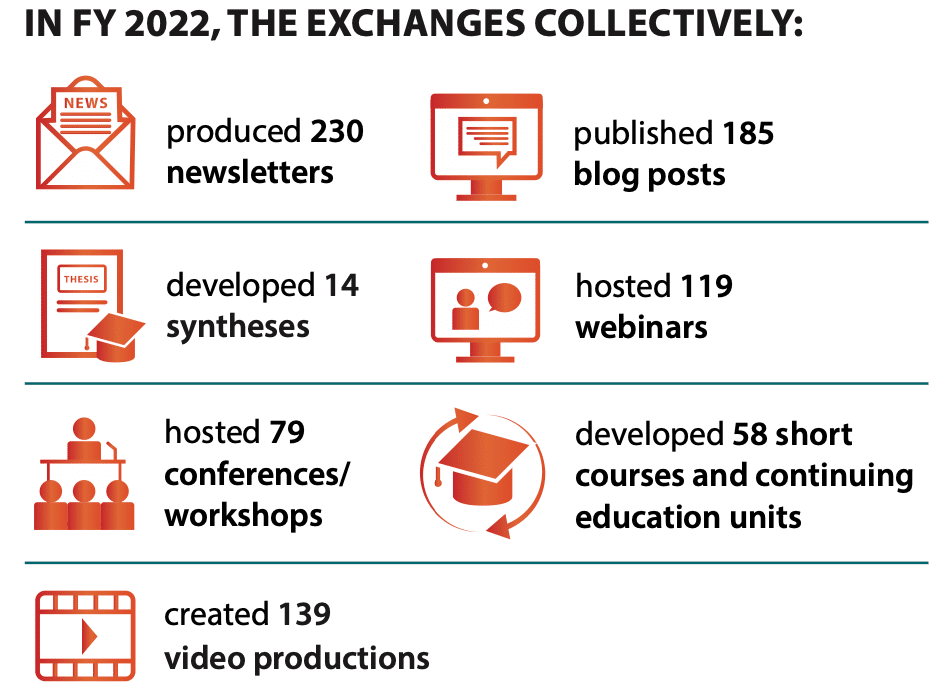
Today the Joint Fire Science Program announced their 2023 funding opportunities! This is the annual chance to submit research proposals for fire science funding. Scroll down to read the notice from the Joint Fire Science Program or jump straight to the funding page with additional details.
We’re always interested in talking about how the Southern Fire Exchange can support regional fire science delivery and coproduction. If you’re interested in partner with us, please send us an email ([email protected]). We have historically provided letters of support for proposals that are interested in collaborating on science delivery programs.
From the Joint Fire Science Program Friday Flash:
It’s time to apply! The interagency Joint Fire Science Program (JFSP) is soliciting proposals from both government and non-government entities through several formal Notice of Funding Opportunity (NOFO) announcements beginning July 13th and remaining open through September 28th at 5 pm MT.
Topics and funding opportunities are as follows:
Primary NOFO
Task Statement I – Accelerating science to action in fire-prone ecosystems: Spurring innovation in adaptation through knowledge exchange and place-based partnerships (view NOFO)
The objective of this task statement is to strengthen partnerships among scientists, practitioners, managers, and other interested parties to accelerate the identification and adoption of science-based management strategies that facilitate adaptation to changing fire regimes.
Task Statement II – Effective fire communication and outreach (view NOFO)
The objective of this task statement is to better understand public perception of wildfire management and effectiveness of fire-related communication strategies to inform effective public fire communication and outreach programs.
Task Statement III – Prescribed fire effects on water quality and quantity (view NOFO)
The objective of this task statement is to inform the use of fire in highly valued watersheds by evaluating the effects of prescribed fire on water quality and quantity.
Task Statement IV – Managing carbon emissions in ecosystems with deep organic soils (view NOFO)
The objective of this task statement is to inform effective strategies for managing carbon stores in deep organic soils that are increasingly impacted by wildfire.
Task Statement V – Social equity and wildland fire impacts, mitigation, response, and recovery (view NOFO)
The objective of this task statement is to gain better understanding of a broad range of direct and indirect wildfire impacts borne by different sectors of society, the time horizons over which these impacts occur, and factors that influence the ability of individuals and communities to prepare for, respond to, and recovery from wildfire.
Task Statement VI – Characterizing wildfire risk in wildland-urban interface and urban settings (view NOFO)
The objective of this task statement is to evaluate and improve existing methods to characterize wildfire risk to wildland urban interface (WUI) and urban settings.
GRIN – Graduate Research Innovation (GRIN) Award (view NOFO)
The JFSP will continue awarding the Graduate Research Innovation (GRIN) program for current master and doctoral students in the field of wildland fire and related physical, biological, and social sciences. Proposals must be directly related to the mission and goals of JFSP to be considered, and they must address management- or policy-related questions related to one or more of the following general topic areas: fuels management and fire behavior, changing fire behavior, emissions and air quality, fire effects and post-fire recovery, relative impacts of prescribed fire versus wildfire, or human dimensions of fire.
Regional Fire Science Exchange NOFO (view NOFO)
The objective of this task statement is to solicit proposals to lead and execute a particular regional fire science exchange for a period of two years. The JFSP funds and provides oversight to a national collaborative of 15 regional wildland fire science exchanges: the Fire Science Exchange Network (FSEN). The FSEN provides the most relevant, current wildland fire science information to federal, state, local, tribal, and private stakeholders within ecologically similar regions. This solicitation is seeking individual proposals (i.e., each proposal must be specific to one region) for the following nine regions of the FSEN: Appalachians, California, Great Plains, Lake States, North Atlantic, Southern, Southern Rockies, Southwest, and Tallgrass Prairie.
For those involved in wildland fire science, please consider applying to advance important research and support sound decision-making on the ground.
Please contact [email protected] if you have any questions.







